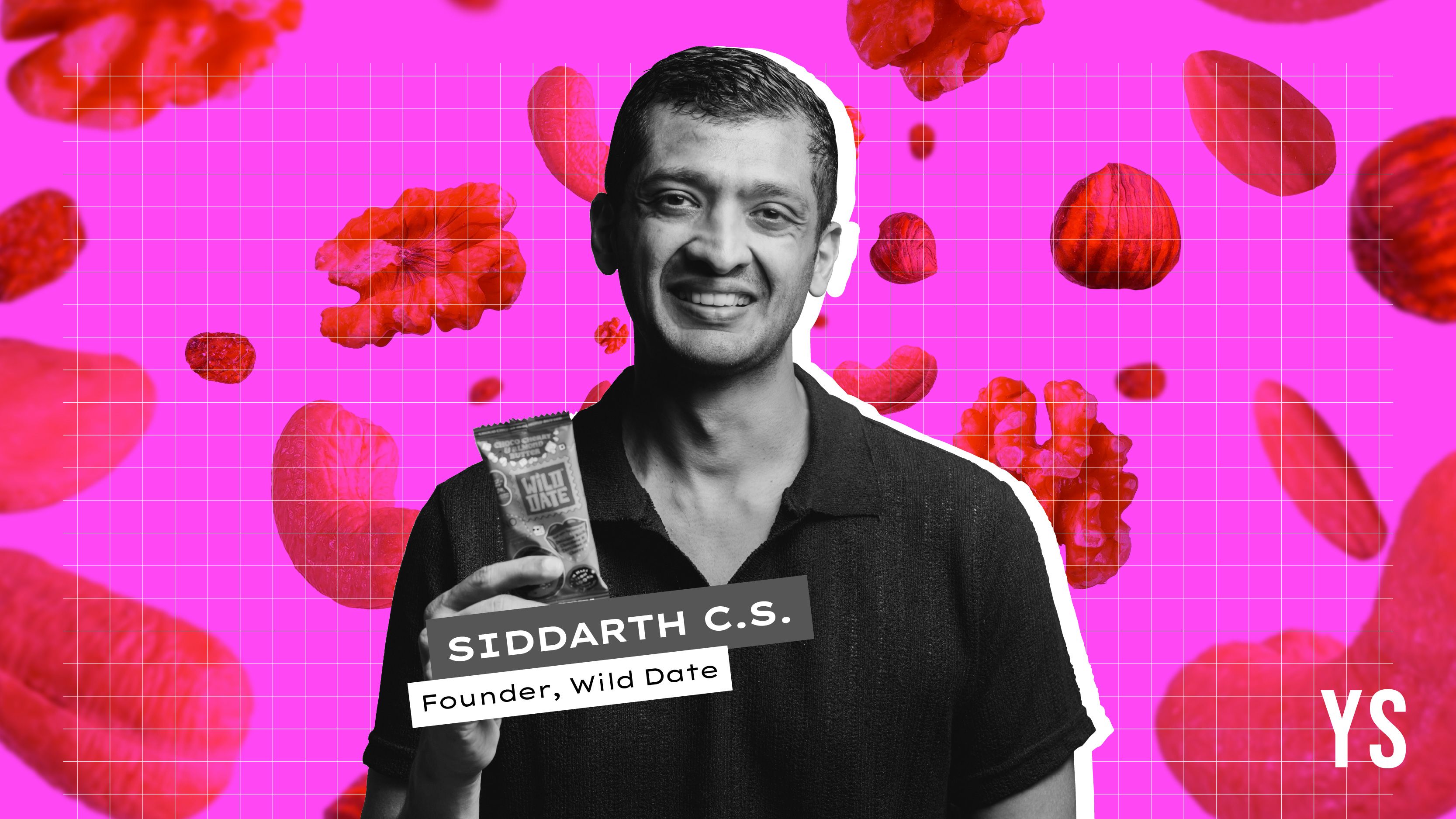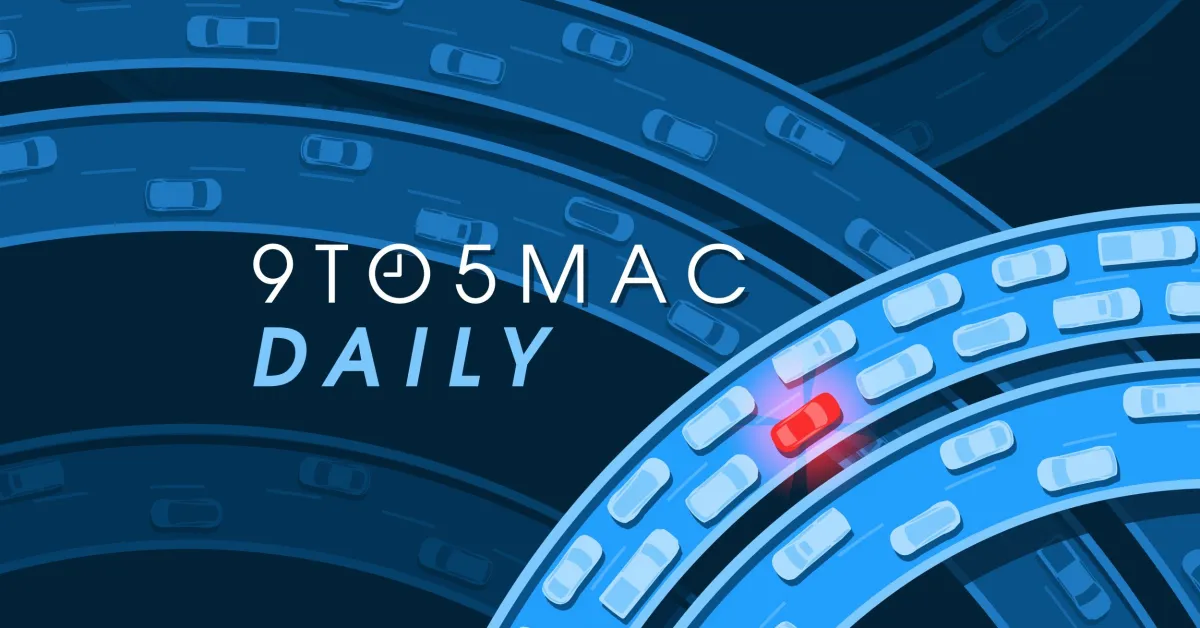By Rashmi Khotlande
Copyright yourstory

For most Indians looking for healthy snacks, the choice is frustratingly limited: either tasty treats loaded with empty calories or “guilt-free” options so bland they’re abandoned within a week. As a triathlete and fitness enthusiast, Siddarth CS experienced this firsthand. “The diets recommended to athletes were boring and functional.”
The problem is only magnified by the sheer scale of India’s snack obsession. According to IMARC Group, the domestic snack market—worth Rs 46,571 crore in 2024—is expected to nearly double to Rs 1,01,811 crore by 2033, growing at an 8.63% CAGR. It’s dominated by snacks that are tasty but low in nutrition, packed with processed ingredients, excessive sodium, and artificial additives.
As health consciousness rises, more Indians are paying close attention to nutrition labels. IMARC notes that “health and wellness trends are becoming increasingly prominent”, with demand rising for “natural, organic, vegan, low-calorie, and gluten-free” snacks.
But healthier hasn’t always meant better. Many “clean snacks” brands still prioritise calorie counts over quality or taste. Harvard Medical School obesity specialist Dr Fatima Cody Stanford even calls calorie counting “antiquated” and “just wrong”, pointing out that how the body processes food depends on metabolism, gut health, and food type, not just numbers on a label.
But here lies the challenge. Consumers today face a trade-off: flavour or nutrition, but never both in a single snack. Determined to bridge this gap, Siddarth launched Wild Date in 2023 with a simple mission: to make clean eating indulgent, practical, and sustainable.
He completed his master’s in food management with a focus on nutrition and new product development from the University of Surrey, and spent nearly five years at Tata Global Beverages, learning distribution, brand building, and corporate operations.
“Bland food only makes people follow clean eating for a week or a month before they give up,” he explains. That’s why he avoids calling Wild Date a “healthy” brand—a term he believes is overused—and instead positions it as “good for you”, balancing gut-friendly nutrition with the kind of flavour that makes people come back for more.
Focus on ingredients and manufacturing
Wild Date offers products across four main categories—snack bars, granolas, cookies, and bite-sized snack balls. The direct-to-consumer (D2C) brand avoids refined sugar and replaces it with honey, brown sugar, or coconut sugar, depending on the product.
The startup also uses millets, such as barnyard millet and little millet, as well as buckwheat, quinoa, dried fruits like cranberries and cherries, coconut flakes, and natural spices like cinnamon and ginger, across its various products.
Its in-house manufacturing processes aim to retain nutritional value. Honey is heated at prescribed temperatures, nut butters are cold-processed and stone-churned, and all nuts and seeds are soaked before processing to remove phytic acid and improve bioavailability.
The cookies are made with oat flour and water chestnut flour, without any thickening or binding agents, making them more crumbly than conventional cookies. Wild Date also uses cocoa and cocoa butter instead of the common mix of cocoa and palm oil.
Palm oil helps chocolates stay firm during transport, while the brand’s chocolate melts at body temperature due to the use of natural cocoa butter. “These are conscious trade-offs we’re okay with,” Siddarth says.
To set customers’ expectations, its packaging comes with a disclaimer that the chocolate may melt on contact, and seasonal shifts can affect flavour and texture—all due to the use of natural ingredients. Siddarth says around nine out of 10 people appreciate the transparency, and many return as repeat buyers.
The brand admits its products are calorie-rich, but stresses the calories come from nutrient-dense sources like nut butters, vitamins, and good fats.
Siddarth contrasts “100 calories from an apple” with “100 calories from a Five Star chocolate,” explaining that where calories come from matters more than the number alone.
The company also battles misconceptions about calorie counting and perceptions that “everything packaged is bad”. The CEO explains that the production process prioritises handmade quality with multiple feedback loops from customers and implements suggestions when scientifically valid.
Growth plans and community building
Wild Date initially experimented with both online and offline channels, but later shifted its focus to online for stronger feedback loops and better profitability. Currently, 90–95% of its sales are from online channels. It reports an overall reorder rate of about 35%, with its Tier II city performance exceeding that in metros. Cities like Pune, Coimbatore, and Mysore have reported a 47% reorder rate.
The startup, with 25 employees, was bootstrapped with an initial investment of around Rs 10 lakh, including packaging and branding costs. It has since reinvested its revenue to support growth and currently generates about Rs 10 lakh in monthly turnover.
The company now plans to expand into gourmet cafés and coworking spaces to capture direct customer feedback. It will re-enter offline retail and departmental stores once it achieves economies of scale.
The founder also aims to explore the beverages category in the future, but is currently focused on strengthening its four core product lines before launching new ones—prioritising community building over rapid expansion, the CEO says.
Its marketing plans also place greater emphasis on physical and digital community-building activities, including lifestyle-focused initiatives such as runners’ clubs and bikers’ clubs.
It competes with healthy snacking brands like The Whole Truth and Yoga Bar.
Siddarth says Wild Date avoids being preachy about healthy eating and instead aims to build an indulgent relationship with food that lasts. The brand name reflects their philosophy: taking people on a “wild date” with food that’s enjoyable, not guilt-driven. It aims to make “Food Fun Again”.
(Edited by Suman Singh)



